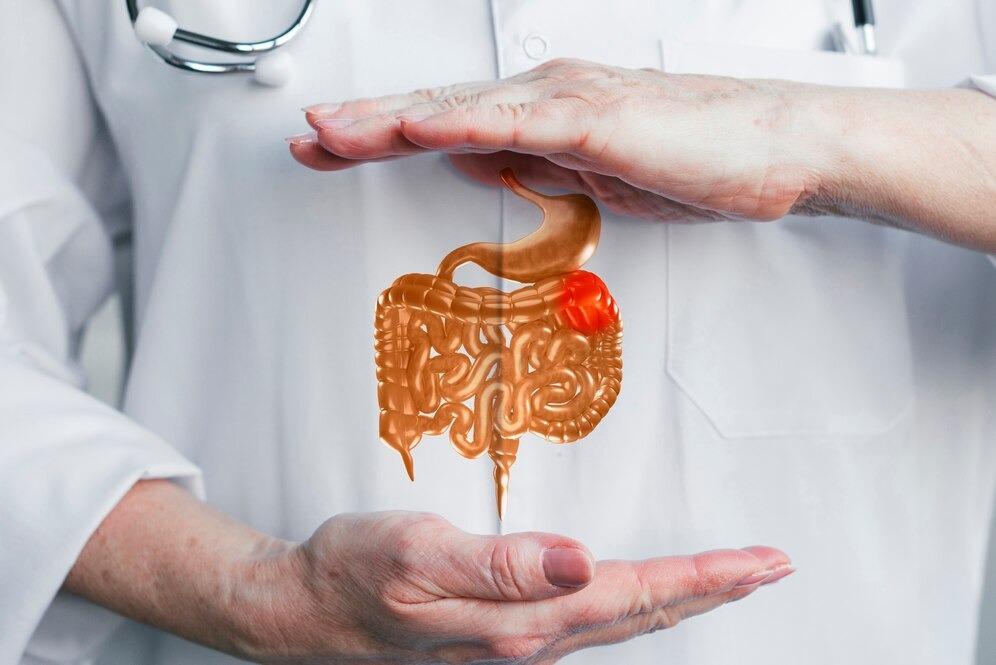Bladder cancer is a type of cancer that affects the lining of the bladder, which is the organ responsible for storing urine. It is the sixth most common cancer in the United States and affects men more than women. The most common symptom of bladder cancer is blood in the urine, but other symptoms may include pain or burning during urination, frequent urination, or feeling the need to urinate but being unable to pass urine.
The good news is that bladder cancer treatment has come a long way in recent years. Innovative approaches have been developed that can lead to better outcomes for patients. In this article, we will explore some of these approaches.
-
Immunotherapy
Immunotherapy is a type of cancer treatment that uses the body’s immune system to fight cancer. It works by stimulating the immune system to attack cancer cells. Immunotherapy has been used successfully in the treatment of other types of cancer, and it is now being used to treat bladder cancer as well.
One type of immunotherapy that has shown promise in the treatment of bladder cancer is called checkpoint inhibitors. Checkpoint inhibitors are drugs that block certain proteins on cancer cells, allowing the immune system to recognize and attack the cancer cells.
-
Chemotherapy
Chemotherapy is a type of cancer treatment that uses drugs to kill cancer cells. It is often used in combination with other treatments, such as surgery or radiation therapy, to help reduce the risk of cancer recurrence.
Chemotherapy can be given in several different ways, including intravenously (IV), orally, or directly into the bladder. When chemotherapy is given directly into the bladder, it is called intravesical chemotherapy.
-
Surgery
Surgery is often the first line of treatment for bladder cancer. The type of surgery that is performed will depend on the stage and location of the cancer. If the cancer is confined to the lining of the bladder, a transurethral resection of the bladder tumor (TURBT) may be performed. This involves removing the tumor through the urethra.
If the cancer has spread to the muscle layer of the bladder, a partial or radical cystectomy may be required. A partial cystectomy involves removing only part of the bladder, while a radical cystectomy involves removing the entire bladder.
-
Radiation therapy
Radiation therapy is a type of cancer treatment that uses high-energy radiation to kill cancer cells. It can be given externally or internally. External radiation therapy involves directing radiation at the tumor from outside the body, while internal radiation therapy involves placing a radioactive source inside the body near the tumor.
Radiation therapy may be used in combination with other treatments, such as chemotherapy or surgery, to help reduce the risk of cancer recurrence.
-
Targeted therapy
Targeted therapy is a type of cancer treatment that targets specific molecules on cancer cells. It works by blocking the signals that cancer cells use to grow and divide.
One type of targeted therapy that has shown promise in the treatment of bladder cancer is called antibody-drug conjugates (ADCs). ADCs are drugs that attach to specific proteins on cancer cells and deliver a toxic payload directly to the cancer cells, killing them.
Conclusion
Bladder cancer treatment has come a long way in recent years, and there are now several innovative approaches that can lead to better outcomes for patients. These include immunotherapy, chemotherapy, surgery, radiation therapy, and targeted therapy. If you are experiencing bladder cancer symptoms, it is important to see a doctor right away to determine the best course of treatment for you. With early detection and the right treatment, bladder cancer can be successfully treated.
